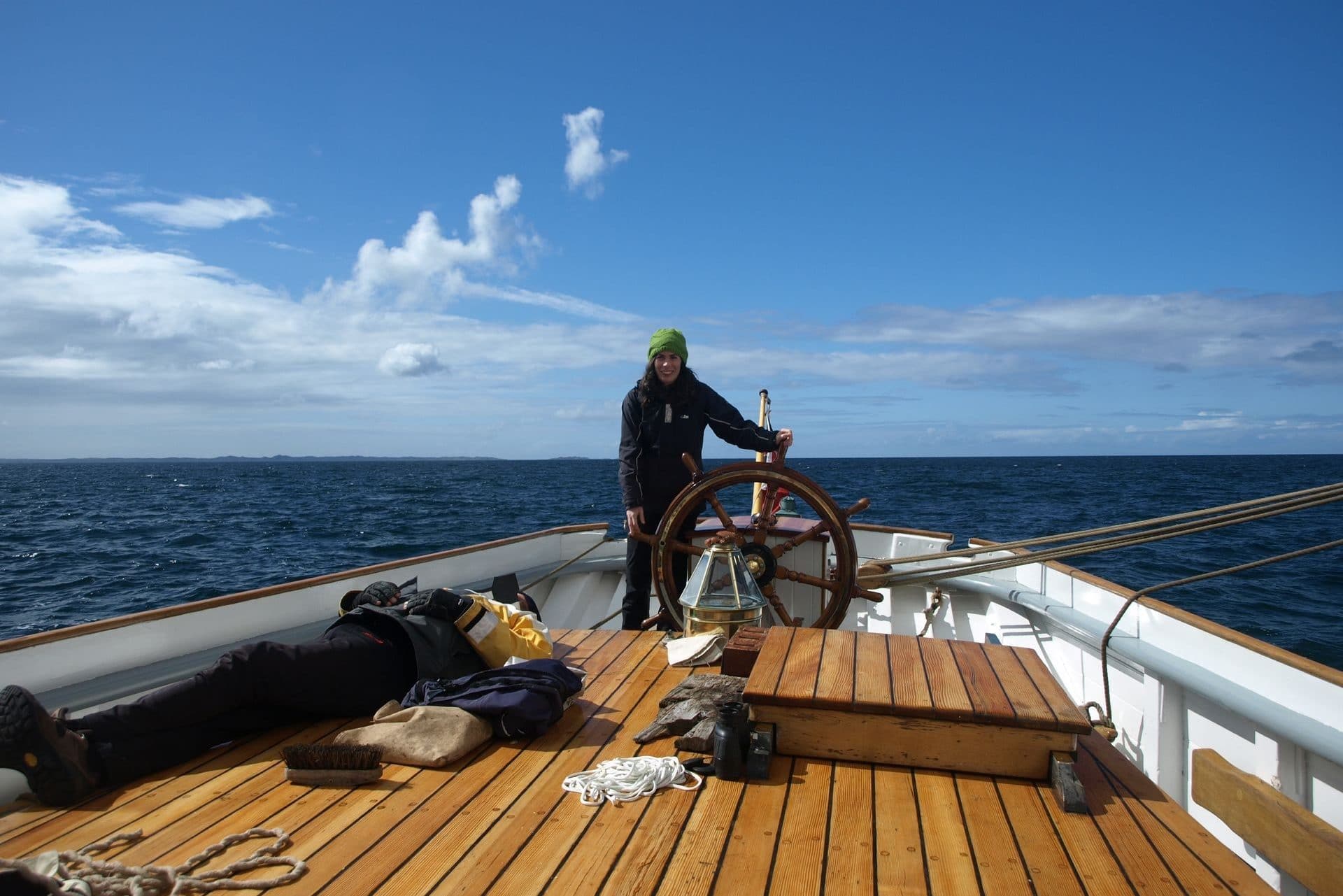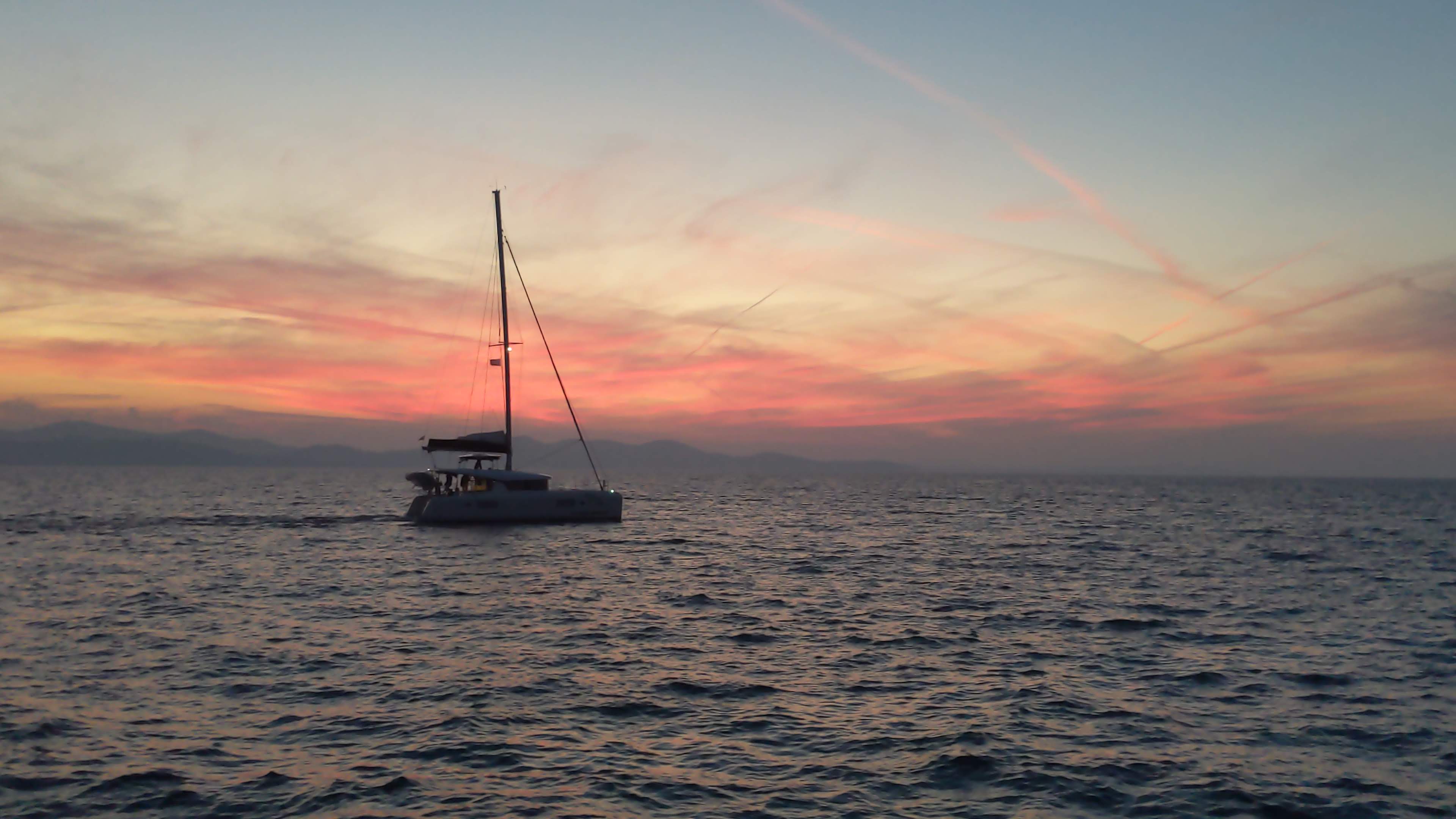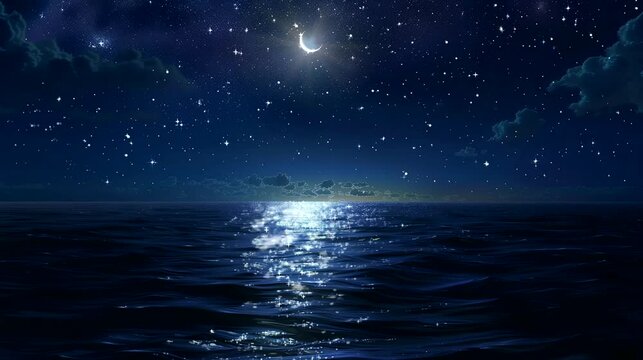© 2025 AffordableJourney. Built with care by our team. All rights reserved.
Crossing Oceans Solo: The Freedom and Loneliness of Life at Sea
By Elena Moretti
An honest reflection on independence and isolation miles from shore.
The Decision to Set Sail Alone
When I told my friends I was going to cross an ocean alone, the reactions were almost identical: wide-eyed disbelief, a sharp inhale, and some variation of, “Why?” The truth was that even I didn’t fully understand the answer. I only knew that something in me ached for a kind of space that cities, crowds, and constant digital connection couldn’t give me.
The idea came to me not as a lightning bolt, but as a slow, steady tide. I’d been traveling for years—planes, trains, buses, all carefully scheduled. I’d collected memories in cafes, on cobblestone streets, in buzzing night markets. But somewhere along the way, travel had started to feel like consumption rather than connection. I was always chasing the next thing instead of sitting with where I was.
A solo ocean crossing—weeks at sea, no one but myself to rely on—felt like the opposite of everything I’d been doing. No itinerary. No landmarks to “check off.” Just water, sky, and the constant hum of an engine pushing me forward.
Of course, this wasn’t a casual decision. I spent months researching freighter travel, small ship passages, and safety protocols. I brushed up on navigation basics, took a sea survival course, and went through the paperwork labyrinth of visas and travel insurance. The ship I booked wasn’t a cruise liner; it was a working vessel with only a handful of passenger cabins, each booked by people as stubbornly curious as I was.
I also had to reckon with the emotional side of the journey. What would weeks of solitude do to me? Would I revel in the freedom or crumble under the weight of my own thoughts? Would I be able to handle the vastness of the ocean without the anchor of human company?
Friends sent me articles about shipwrecks, storms, and piracy. My mother asked if there was any way I could reconsider and maybe try “a nice beach holiday” instead. But my mind was set. I didn’t want a holiday. I wanted a crossing.
When the day finally came, I stood at the port with my single duffel bag, passport in hand, looking up at the steel hull of the ship. It towered over me, massive and unyielding, as if testing my resolve. I took a deep breath and climbed the gangway, knowing that for the next several weeks, this vessel—and the ocean surrounding it—would be my entire world.

The Rhythm of Days at Sea
Life at sea quickly fell into a rhythm that was both soothing and, at times, disorienting. On land, our days are broken up by meetings, errands, and chance encounters. At sea, those markers vanish. The hours are measured instead by meals, watch changes, and the shifting quality of light on the water.
Mornings began with the gentle vibration of the ship’s engines—a reminder that we were always moving, even when the scenery stayed the same. I’d make coffee in the small galley, stand on deck, and watch the horizon melt into the sky. On calm days, the ocean looked like brushed steel, smooth and reflective. On rougher mornings, it was alive with movement, whitecaps cresting like wild horses.
There was no phone signal, no endless scroll of notifications. My entertainment was entirely self-created: reading, writing, walking the length of the deck for exercise. Sometimes I’d help the crew with simple tasks, not because I had to, but because it gave my day shape. Painting over rust spots, coiling ropes, or just standing in the wheelhouse learning how to read the ship’s instruments became small adventures in themselves.
Meals were served at set times in the mess hall—breakfast at 7:00, lunch at noon, dinner at 6:00. The food was plain but filling: soups, pasta, stews, fresh bread when we were near port. I began to look forward to these moments not just for the food, but for the snippets of conversation with the crew. Even with language barriers, there was a camaraderie in sharing a table in the middle of nowhere.
Days blurred together in a strange, meditative way. There was no urgency, no rush to “do” anything. I learned to notice the subtle changes: a shift in wind direction, a new bird flying alongside us, the way the water’s color deepened as we moved further from land.
But there were also moments of restlessness—times when the sameness felt heavy, and I craved the variety of shore life. That was when I’d retreat to my cabin, put on music, and remind myself why I was here: to feel the stretch of time, the rawness of distance, and the rare luxury of being unreachable.

The Freedom of Being Unreachable
Somewhere around the second week, the realization hit me: no one could reach me unless I wanted them to. There was no Wi-Fi unless I paid an exorbitant fee for a satellite connection, and even then, it was slow enough to make loading a single email a lesson in patience. My phone sat in my bag, powered off.
At first, this disconnection felt strange, like a phantom limb. I kept reaching for my phone before remembering there was no point. I worried about what I might be missing—news, messages, plans. But then the absence became liberating.
I began to understand how much of my mental energy on land was spent in reaction—to alerts, to schedules, to other people’s needs and expectations. Out here, my time belonged to me entirely. I could spend an entire afternoon watching the horizon if I wanted to, and no one would question it. I could write for hours without interruption. I could sit in silence without feeling like I was wasting time.
There was a purity to that freedom, a sense that I’d stepped out of the constant current of modern life and found still water. It made me realize how much of my “busyness” at home was self-inflicted, a way to avoid being alone with my own thoughts. Out here, there was no avoiding them.
I confronted old memories, fears, and ambitions I’d been too distracted to examine. I thought about the version of myself I wanted to be, and the ways I’d been living out of alignment with that. It wasn’t always comfortable, but it felt necessary—like clearing out a cluttered room so new light could come in.
By the third week, I wasn’t thinking about my phone at all. The idea of reentering the world of constant connectivity felt almost claustrophobic. Out here, I wasn’t just unreachable—I was truly free.

The Loneliness That Finds You
But freedom and solitude are not the same thing—and they do not always feel equally welcome. Somewhere between the third and fourth week, loneliness began to creep in. It wasn’t the sharp loneliness of being excluded or forgotten; it was the slow ache of realizing you are, quite literally, hundreds of miles from another human outside this ship.
The crew was kind, but they had their own routines and tight-knit bonds. I was an outsider in their world, a temporary guest. Conversations were polite but brief. I missed the ease of familiar company, the kind of connection where you don’t have to explain yourself.
The vastness of the ocean amplified the feeling. On clear days, the horizon stretched in every direction with no sign of land. At night, the darkness was complete, save for the scattered brilliance of stars. There was beauty in it, yes—but also a reminder of my smallness.
Loneliness out here wasn’t just emotional—it was physical. I missed the warmth of a hug, the casual touch of a friend brushing past, the sound of laughter nearby. Even with the ship’s constant hum, there was a deep quiet that made every creak and groan of the vessel sound like a voice calling from far away.
I learned to sit with it. To let loneliness be part of the journey rather than something to escape. I started talking to myself—not out of madness, but out of a strange comfort in hearing a voice, even if it was my own. I wrote letters I’d never send. I made lists of all the people I loved, and what I would tell them if they were here.
The loneliness didn’t go away, but it became a companion of sorts—another presence on the voyage. And in its way, it sharpened my gratitude. When I did see land again, when I did speak to people outside the ship, those moments felt electric, like tasting water after weeks of thirst.

Arrival and Aftermath
When land finally appeared on the horizon, it felt almost unreal. After weeks of nothing but sea and sky, the faint outline of a coastline looked like a mirage. As we drew closer, details emerged: the green of trees, the red roofs of houses, the soft haze of morning over a harbor.
There was excitement on the ship—supplies to restock, cargo to unload—but for me, the approach was tinged with melancholy. The crossing had been a kind of suspended reality, a pocket of time that existed outside the world’s rush. Stepping onto land meant rejoining that rush.
When I finally disembarked, the ground felt strange beneath my feet, as if it were moving. The noise of the port—the shouts, the clatter of machinery, the honking of trucks—was almost overwhelming after weeks of steady engine hum. People were everywhere, moving fast, talking loud, staring into their phones.
I wanted to tell them about the stars I’d seen, the way the ocean can change color in a single afternoon, the deep quiet that lives out there beyond the shipping lanes. But I knew it was something you had to experience to truly understand.
In the days that followed, I struggled to adjust. I checked my phone compulsively, opened too many tabs on my laptop, filled my schedule with more than I could handle. But beneath the noise, the crossing had left its mark.
I’d learned that freedom isn’t always exhilarating—it can be heavy, uncomfortable, even lonely. But it’s in those quiet spaces that you find out who you are without the chorus of the world telling you. And that knowledge, once gained, is something you carry like a compass, no matter where you go next.




